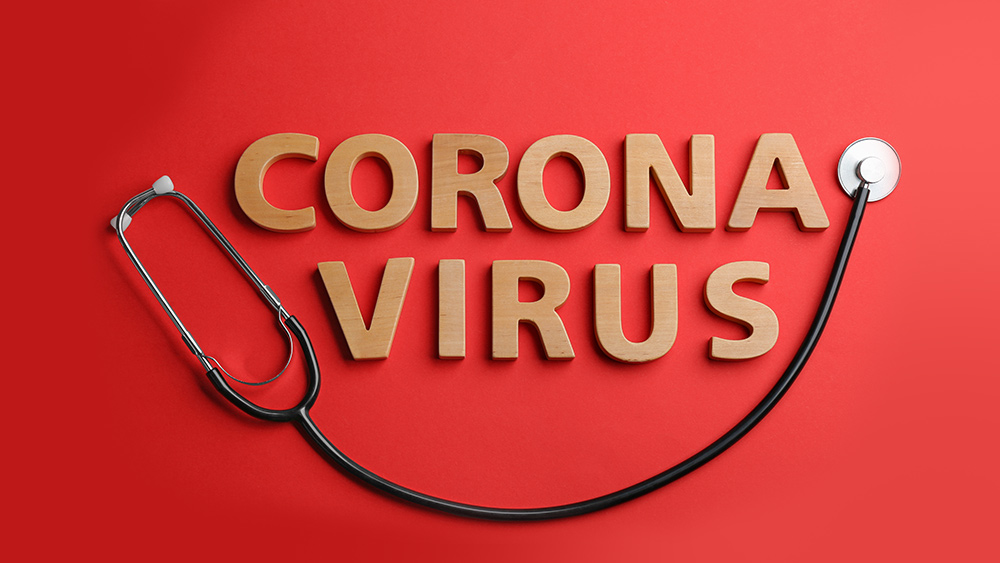Mixing OTC meds and alcohol is never a good idea – especially if you’re over 40
02/27/2020 / By Franz Walker

Mixing alcohol with medication is never a good idea. Research has already shown that people who do so are at an increased risk not just of overdoses, but also falls and traffic accidents. Now, a new study from the University of Washington not only reinforces this fact — it also shows how age can increase the risks.
The research team, led by Jacob T. Bodorovsky, looked at a group of medicines called central nervous system depressants or CNS-Ds. CNS-Ds include a wide range of medicines that include sedatives, tranquilizers and hypnotics. These medicines work by affecting neurons in the central nervous system, causing reduced levels of activity in the brain, accompanied by feelings of relaxation and drowsiness.
The use of CNS-Ds was implicated in over 40 percent of alcohol-related adverse drug reactions recorded between 2005 and 2011. What had not yet been explored, however, was how CNS-Ds affects what researchers classify as “regular drinkers” or those who drink alcohol on 52 or more occasions in a year.
From the study, the research team concluded that the risk of alcohol-related adverse reactions involving CNS-Ds increased due to one simple factor: adults 40 years old and above tend to use more CNS-Ds than those younger than them.
CNS-D use increases with age
The research team used data from the National Health and Nutrition Examination Survey conducted between 1999-2000 and 2013-2014. The survey looked at adults 20 years old and above, and compared their use of medicines such as CNS-Ds alongside their alcohol consumption.
Based on the data from the survey, the team found that between 1999 and 2014 the use of sedative-hypnotic medications doubled for those who reported drinking at least once a week. Regular drinkers, however, were less likely to take anxiolytics or opioid medications than non-drinkers, though they were just as likely to take sleep medication.
More importantly, the study found that people aged 40 and above were five times as likely to use sedative-hypnotic medications compared to those who are in their 20s. This is a dangerous trend considering that rates of binge drinking among those in their 40s and above are known to have increased in recent years.
Based on this, not only is the intake of alcohol increasing among people aged 40 years and up but so is that of CNS-Ds such as sedative-hypnotics. This trend puts people within this age range at a higher risk of adverse alcohol-related reactions and accidents.
Avoiding the adverse effects of mixing alcohol and CNS-Ds
The adverse effects of alcohol have been known for quite some time now. With the study in mind, reducing alcohol consumption, especially for those in their 40s or later, would help. However, cutting down or avoiding CNS-Ds altogether is also a good idea, especially when there are natural alternatives that are available.
Some of the most common types of CNS-Ds are sedatives and tranquilizers — medicines that are meant to help people relax and even fall asleep. Instead of taking these, however, folks can try a number of natural alternatives such as valerian root, melatonin, L-theanine, magnesium and lavender. In addition to these, there are also a number of proven methods that don’t include any drugs that can help folks get better sleep. Interestingly enough, cutting down on alcohol consumption is one of these methods.
As for anxiety, instead of anxiolytics, folks can instead try taking probiotics. Studies have shown that not only do these help fight anxiety, they can also help people cope with depression. Meanwhile, for treating pain, instead of taking opioids, folks can instead try alternative therapies such as acupuncture.
Whatever the case, the point is that there are alternatives to taking CNS-Ds, especially for those who like to enjoy the occasional alcoholic drink. Not only do these alternatives help those who enjoy alcohol avoid the risks of mixing it with CNS-Ds, but they also provide a host of other benefits as well.
Sources include:
Tagged Under: Alcohol, drug addiction, drugs, harmful medicine, Opioids, overdose, Prescription Medicine, research



















